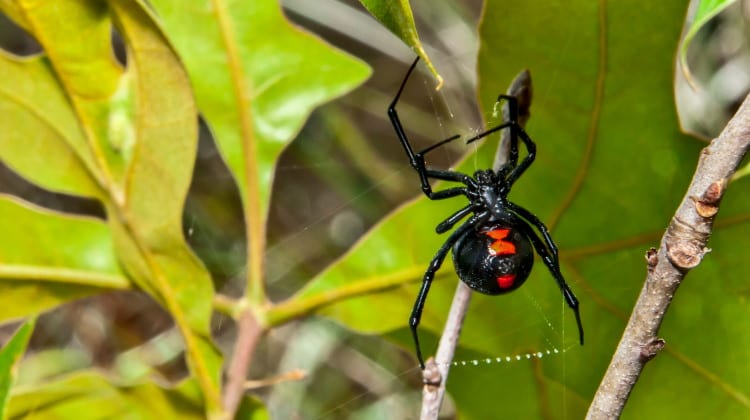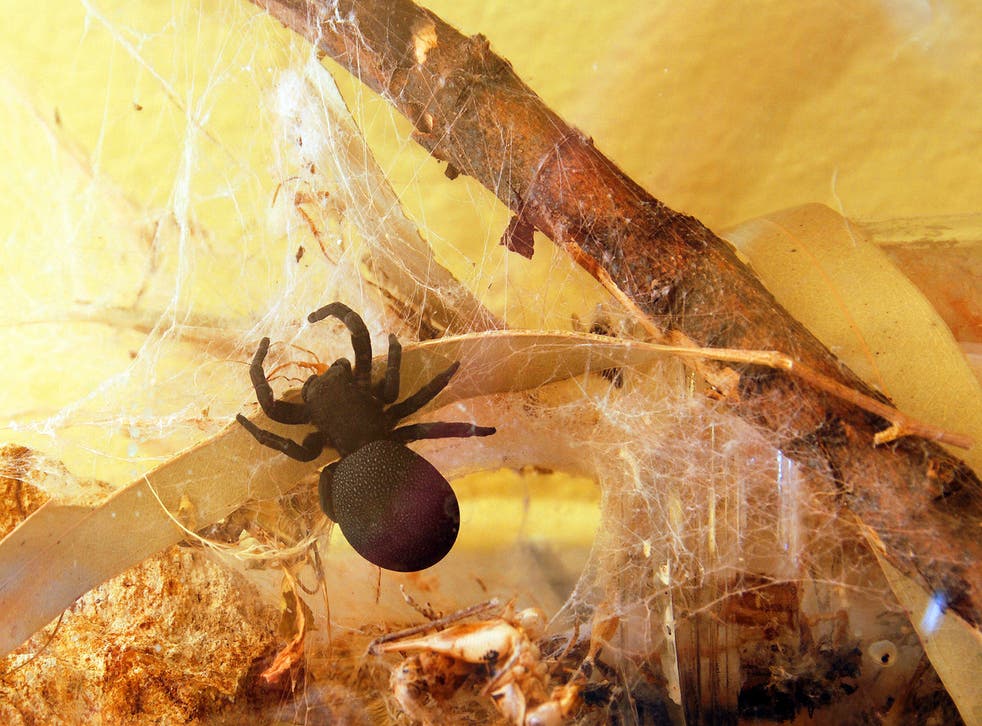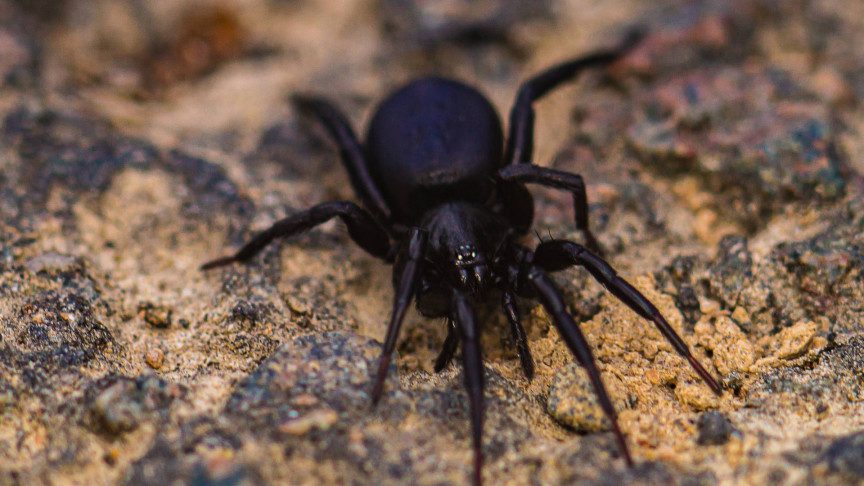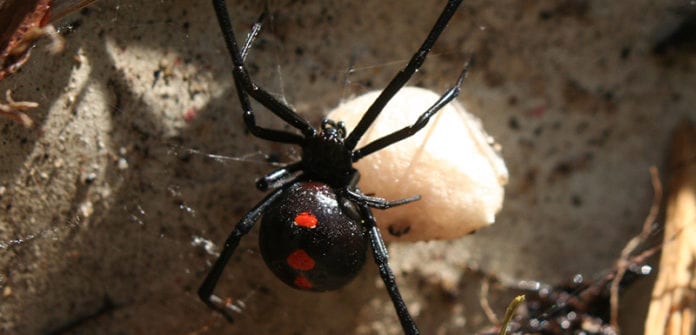Scientists have discovered a possibly life-saving treatment for heart attack victims from a very strange source. Any guesses? It is the venom of one of the world’s deadliest spiders. Although the venom can be deadly and can in fact kill a human being, research shows that the deadly spider venom could repair hearts and can be used to treat patients who have suffered a heart attack, by helping them recover. It can also be used to extend the life of hearts used for transplants.
New research out of Australia’s University of Queensland indicates that the venom of the Fraser Island (K’gari) spider can help prevent damage due to a heart attack by developing a potential drug from a molecule found in the venom. It could alleviate pain without causing any adverse side effects. These types of funnel-web spiders are commonly found in eastern Australia who acts as predators by building webs around their burrows and then waiting for their prey to get caught.

The drug study regarding how the deadly spider venom could repair hearts was conducted by a team led by Professor Peter Macdonald from the Victor Chang Cardiac Research Institute in Sydney, New South Wales, Dr Nathan Palpant, and Professor Glenn King from The University of Queensland (UQ) Brisbane, Queensland. The most recent research was published in the latest edition of the journal Circulation and funded by The University of Queensland, the Australian National Health and Medical Research Council, and the National Heart Foundation of Australia.
“This will not only help the hundreds of thousands of people who have a heart attack every year around the world, but it could also increase the number and quality of donor’s hearts, which will give hope to those waiting on the transplant list,” Professor MacDonald, a senior cardiologist at St Vincent’s Hospital in Sydney said. “The deadly spider venom could repair hearts by preventing the death of heart muscle cells,” as told by lead researcher professor Glenn King.

Dr Palpant said in a statement that until now, scientists hadn’t been able to come up with a drug that stops the death signal despite decades of research on this. It is one of the main reasons heart disease is the leading cause of death worldwide. Explaining the ‘death signal’, Dr Palpant said that a heart attack causes a reduction in blood flow to the heart, resulting in a lack of oxygen to the heart muscle. This lack of oxygen makes the cell environment acidic, which ultimately sends a message for heart cells to die.
Nathan Palpant shared that the venom helped prevent the body from sending a “death signal” after a heart attack, which leads to the death of cells. “After a heart attack, blood flow to the heart is reduced, resulting in a lack of oxygen to the heart muscle. The Hi1a protein from spider venom blocks acid-sensing ion channels in the heart, so the death message is blocked, cell death is reduced, and we see improved heart cell survival”. In this way, the deadly spider venom could repair hearts, the researchers explained.

How exactly can the deadly spider venom repair hearts?
The team has successfully tested a protein called Hi1a from spider venom, using beating human heart cells exposed to heart attack stresses to determine if the drug improved their survival. Results revealed that the protein blocks acid-sensing ion channels in the heart, lowers cell deaths and increases the survival chance of heart cells.
Professor MacDonald said, “The survival of heart cells is vital in heart transplants — treating hearts with Hi1a and reducing cell death will increase how far the heart can be transported and improve the likelihood of a successful transplant.’’

“We discovered this small protein, Hi1a, amazingly reduces damage to the brain even when it is given up to eight hours after stroke onset. It made sense to also test Hi1a on heart cells because like the brain, the heart is one of the most sensitive organs in the body to the loss of blood flow and lack of oxygen,” Prof King said.
Although it’s been more than clear that the deadly spider venom could repair hearts, this experimental medicine has only been lab-tested and scientists hope to begin the human trials soon to check how the deadly spider venom could repair hearts. The University of Queensland shared that the protein has been tested in human heart cells and that the team was aiming for human clinical trials to begin for both stroke and heart disease within two to three years.
Further reading:


